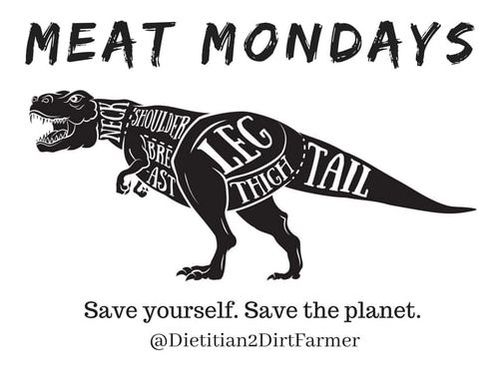 My family legacy is that of pioneering women who divorced bad partners, served as officers in the military during WWII, and learned to ride motorcycles and pilot planes, not once stopping to ask permission and never apologizing. These women were resilient, resourceful, and unafraid. In addition to providing for their families, they gardened, preserved food of all kinds, and were phenomenal home cooks. It's in their kitchens where I learned to appreciate good food. My grandmother prepared simple meals using beautiful ingredients. My favorite meal of hers was meat loaf with mashed potatoes and green beans from her garden. My aunt is well known for her hearty meat sauce with spaghetti, and my mom's chuck roasts and tacos al pastor were absolutely succulent- beyond words! Because of this rich history and the deep love and respect I feel for these incredible women, I have no desire to give up my way of cooking and eating. I don't think I will ever become completely vegetarian. I enjoy butter and cheese far too much. And yet, as a dietitian, a scientist, and someone who wishes to protect the Earth’s natural resources, it has become abundantly clear that I need to consume far fewer animal products, starting with beef. Inspired by the Meatless Mondays campaign that originated in the Center for a Livable Future at the Johns Hopkins Bloomberg School of Public Health, I am advocating for significant change. Rather than be guided by a public health campaign intended to promote one meatless meal per week, I am upping the ante and setting out to do something that will have a far greater impact. And I think everyone else should too. I am going to limit my red meat consumption to no more than once per week. I encourage my friends, family, and colleagues to do the same. I challenge every healthcare and foodservice professional, especially dietitians (who should have been advocating for this as a long time ago) to transition their operations away from relying on animal products and highly processed foods as profit centers, to focusing on sustainably produced plant-based foods and menu options that promote and sustain health and healing. It can be done and it’s already happening. From an economic perspective, it's no longer affordable (or profitable for corporations) to ignore the problems the US food system has created. Most importantly, the evidence supports making these changes. Each statement below is linked to original research or reports for further reading (as a place to start). And for anyone with some extra time, this is the kind of article I read for fun- Meat consumption, health and the environment #1 Eating less meat and less cured meat reduces the risk of developing some cancers! #2 Eating lower on the food chain reduces greenhouse gas emissions, which is good for the planet! And human beings. #3 Eating fewer animal products equates to less food costs per household. |
AuthorVictoria Lambert, MS, RD ArchivesCategories |
 RSS Feed
RSS Feed